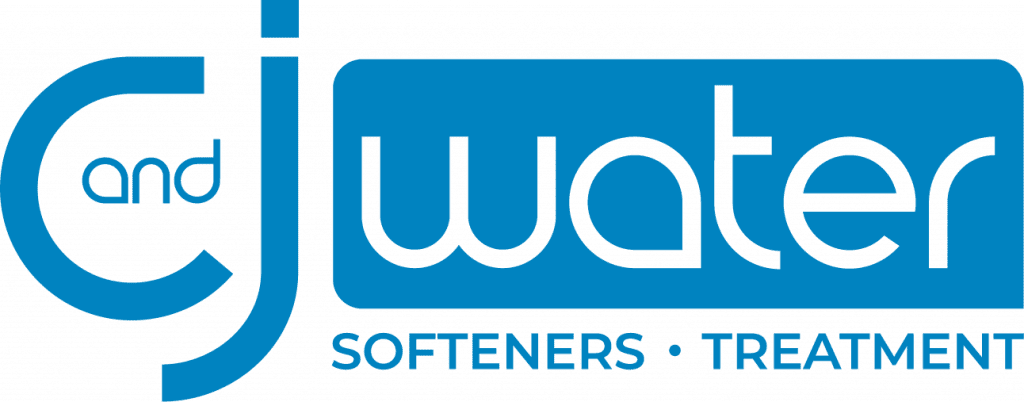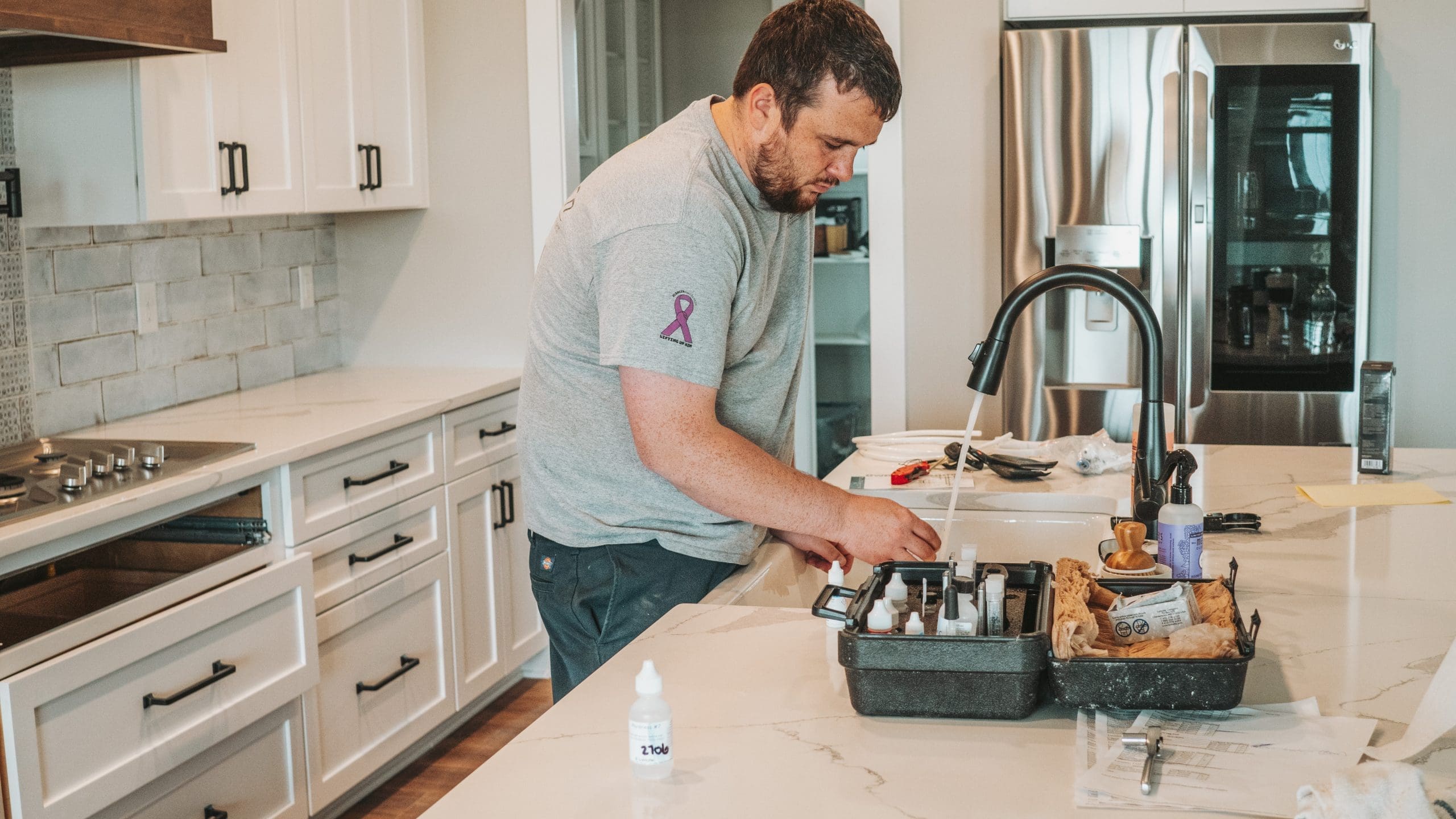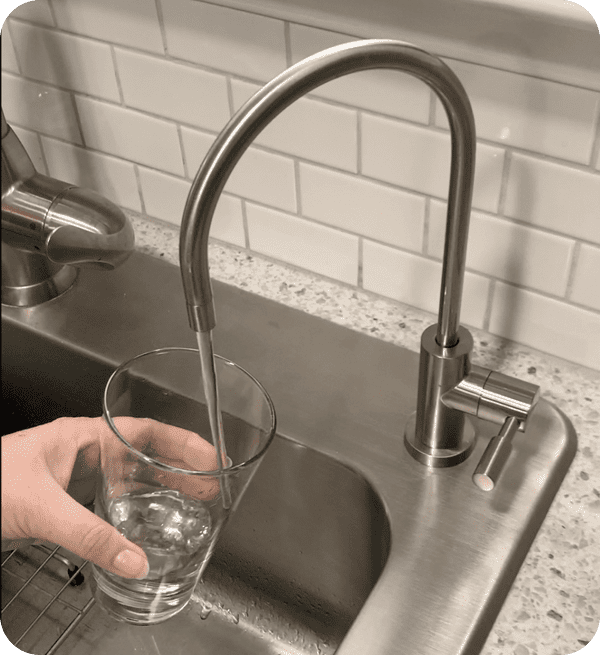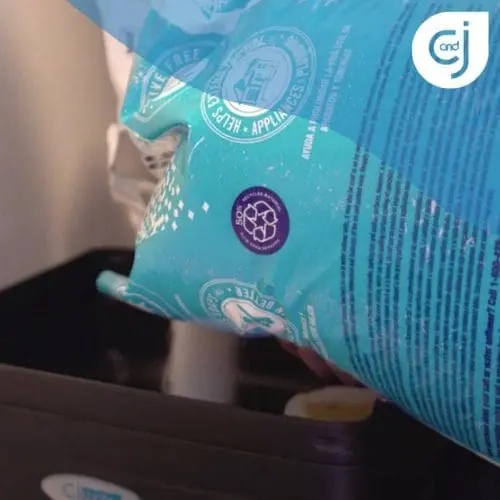How Does a Free Water Analysis Work?
Does your water have a smelly odor, leave rust marks or have a bad taste? Do you have hard water? These are just a few reasons to have your water tested. Your family deserves high-quality water and we’re happy to help you with a Free Water Analysis (FWA). Whether you have city or well water, the free water analysis is a great place to begin taking control of the water quality in your home.
Scheduling the Free Water Analysis
Why should you schedule a Free Water Analysis? Here are some reasons:
— Bacteria or Harmful Chemicals in Water
— Chlorine Issues
— Hard Water Damages Appliances
— Iron In Your Water
— Bad Taste
— Peace of Mind
C and J Water would be happy to test your water for free. We will come to your home and provide an analysis of your city or rural water and answer any questions you may have. Your visit will take 30 – 45 minutes and will be scheduled at a time that’s right for you. Also, if you need water tests for harmful bacteria or other harmful contaminants, you may need a paid water test. However, if all you are trying to do is determine your general water chemistry to decide how much hardness or iron and things like that are in the water, the Free Water Analysis is just fine for you.
Sampling Done during the Free Water Analysis
While it does not test for bacteria, the Free Water Analysis is still a very robust procedure. But what does the FWA test for? Below is a list of what results come with your FWA:
pH test — pH is a very common test to determine if the water is acidic (Acid water). So if the water is 6.9 or lower. The water is considered acidic. And if the pH is 7.1 or higher, the water is considered to be “alkaline” or “base”. A very high alkaline pH is corrosive. Also, pH helps determine if certain filters such as iron filters, sulfur filters, manganese filters, etc. will work properly. Certainly, if you have a private well it is ESSENTIAL to know your pH. Also, some city water municipal water supplies also have acidic water, which is bad for copper pipes, sinks, fixtures, etc.
Iron Test (Well Water) — Naturally, the iron test tells us how much iron is in the water. Once we know that, we will know what equipment we need to remove the iron from your water source. Iron testing is mostly done to see how much iron is in well water but is also useful for some municipal water sources.
Hardness test — Hardness is commonly considered to be a mixture of calcium and magnesium in the water (calcium carbonate). Water hardness causes white spotting and scaling around the home. In higher amounts, it can cause clogging in pipes and buildup on your water heater’s anode rod. Hardness is tough on ice makers, coffee machines, washing machines, and other appliances. Hard water can make your skin dry and trap detergents in your clothing and laundry, making your skin dry. The only way to treat really hard water is with a conventional type water softener that uses either salt or a water softener salt substitute called potassium chloride. And potassium chloride is far more environmentally friendly. Be very wary of companies claiming they have “Salt-free” water softeners. NONE of these types of devices are effective. Including magnets, alloys, electric coils that wrap around the pipes, tanks with various “Magical” minerals inside. They simply do not remove the hardness from the water regardless of the sales pitch.
Total Dissolved Solids (TDS) — What is TDS in water? TDS most commonly refers to the levels of dissolved ions in your water, like calcium, magnesium, potassium, sodium, and nitrates. They naturally occur in water after it filters through bedrock and soil. A certain amount of dissolved solids in water is normal and even beneficial, but problems start when levels of TDS increase beyond what would accumulate naturally. The maximum amount of TDS water as set forth by the EPA is 500 MG/L. Fortunately, tests can reveal the amount and composition of TDS, and water treatment solutions can provide safer, better-tasting water straight from the tap.
Chlorine (city water) — Water is easily contaminated, and chlorine has incredible disinfectant properties. It binds to and destroys, bacteria and other germs better than most other agents do. Chlorine is a chemical element—17 on the periodic table—that naturally occurs as green gas. Through the marvels of science, its form and appearance have been changed to more effectively harness its power. Even so, chlorine is a highly toxic chemical that can have immensely dangerous effects if not handled correctly. Since 86% of U.S. households receive water from a public water supplier—chances are, you have chlorine and chloramines in your tap water. Chlorine and chloramine are disinfectants used to treat water-borne microorganisms like bacteria and viruses. Because most municipalities treat their raw water with chlorine and chloramines before sending it to their customers, almost everyone on city water needs equipment to remove chlorine and chloramines. Our Free Water Analysis will determine the chlorine levels in your water.
Tannins — Tannins are a natural organic material that can be the byproducts of nature’s fermentation process, be created as water passes through peaty soil and decaying vegetation. This can cause water to have a faint yellow to tea-like color and can cause yellow staining on fabrics, fixtures, dishes, and laundry. Tannins may give a tangy or tart aftertaste to water. They may also cause water to have a musty or earthy odor. Tannins are considered an aesthetic problem. While they may make water unappealing to drink and stain laundry, they present no health hazard.
Solving Water Problems Discovered during the Free Water Analysis
 For folks who do not like the taste of their water, or for those who detect a dangerous contaminant at elevated concentrations, we provide an unbiased list of WQA certified treatment products that are matched to your water quality issue, allowing you to affordably treat your water at home. We do not expect you to be a chemical engineer or water professional. Our staff is trained in water chemistry and water health. We will give you ongoing support in understanding your water quality issues until you find a suitable solution. As mentioned above, the solutions can vary based on your water source—your local municipality or your own private water well. Check out these typical options for common water problems:
For folks who do not like the taste of their water, or for those who detect a dangerous contaminant at elevated concentrations, we provide an unbiased list of WQA certified treatment products that are matched to your water quality issue, allowing you to affordably treat your water at home. We do not expect you to be a chemical engineer or water professional. Our staff is trained in water chemistry and water health. We will give you ongoing support in understanding your water quality issues until you find a suitable solution. As mentioned above, the solutions can vary based on your water source—your local municipality or your own private water well. Check out these typical options for common water problems:
Single-Tank Water Softener — The single tank water softener is the ideal solution for city water applications and can also be effective in certain well water situations.
Softener/Dechlorinator Combo – This unit removes chlorine from city water and extends the life of your softener while removing harmful irritants.
Twin-Tank Softener – The twin tank has the advantage of regenerating with soft water, giving you soft water 24 hours a day, and a longer-lasting water softener.
AIO Systems – If added to existing water softeners, our iron removing, the odor-reducing unit will remove iron or odor that the softener media could not.
R.O. Unit – Reverse Osmosis is designed for water consumption, ideal for drinking and cooking. It removes dissolved solids that water softeners do not remove.
UV Light – UV lights are used to aid in the removal of undesired pathogens such as e. coli, coliform, cryptosporidium, giardia, fecal bacteria, etc.
Supplemental Water Testing
While our Free Water Analysis is for the common basic water tests, we can do a water test for virtually anything in your water. As a rule of thumb, if you tell us what you are looking for, we can test for it. Additionally, if you live near a farming area, you may want to consider adding pesticide testing, too. Almost everyone who has a well has either had or needs to have, and e. coli and coliform water test. These are two common harmful bacteria that almost every city and county require to have done before you can use a private well or get a loan. Some places need you to get a water test that includes other things such as arsenic, lead, nitrates & nitrites, and sulfates. If you are concerned about contaminants like e. coli, coliform, arsenic, pesticides, heavy metals, bacteria, harmful organics, etc. we can test for all of these things and much more at a very reasonable cost. Contact us today to schedule your Free Water Analysis!





